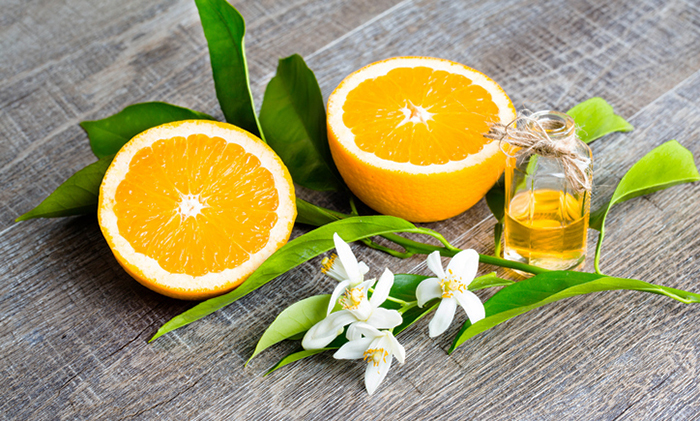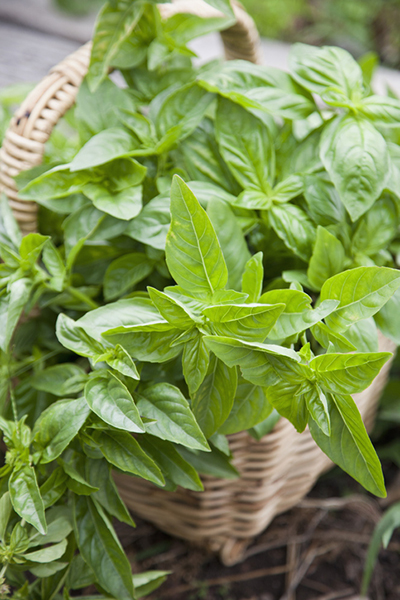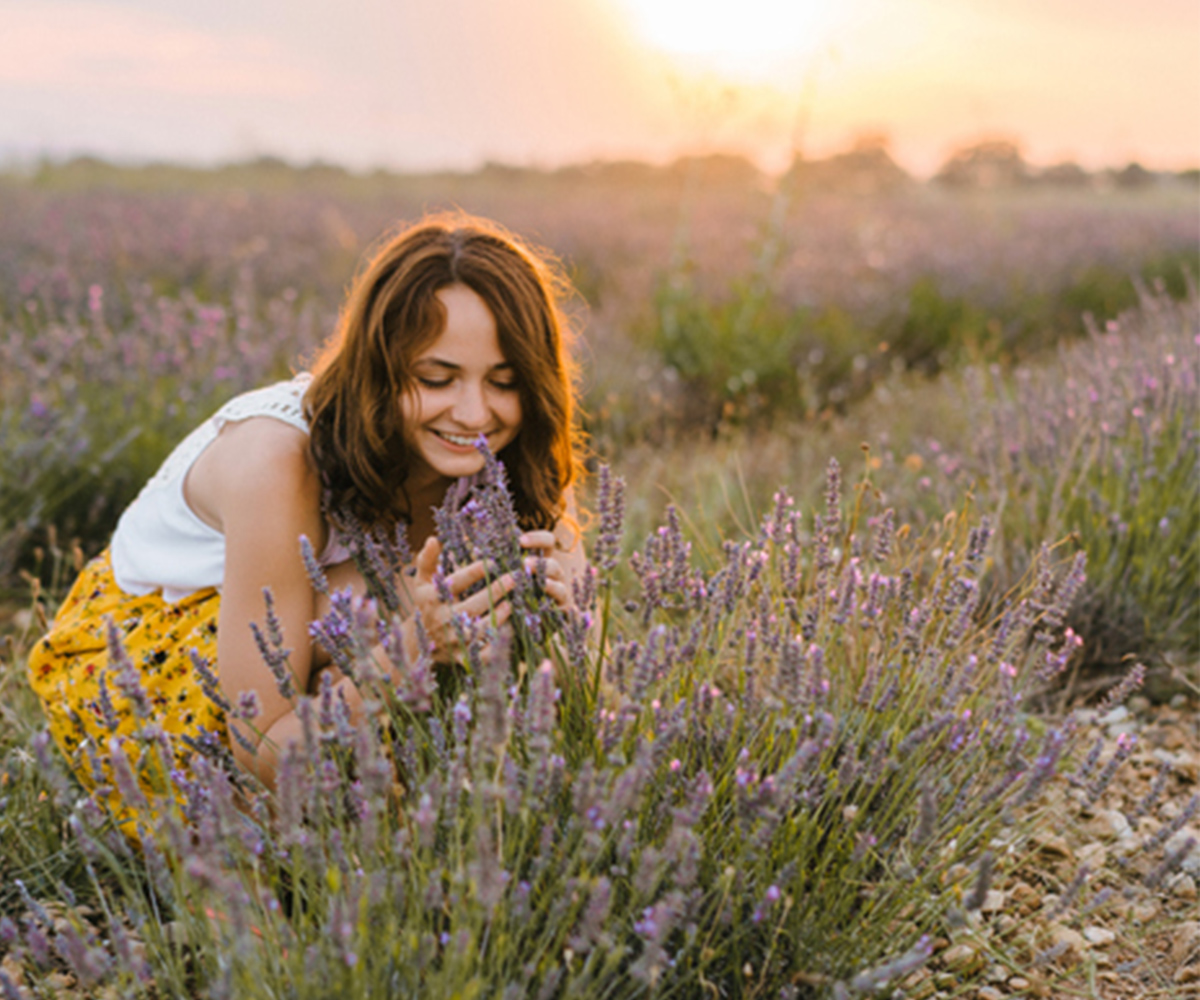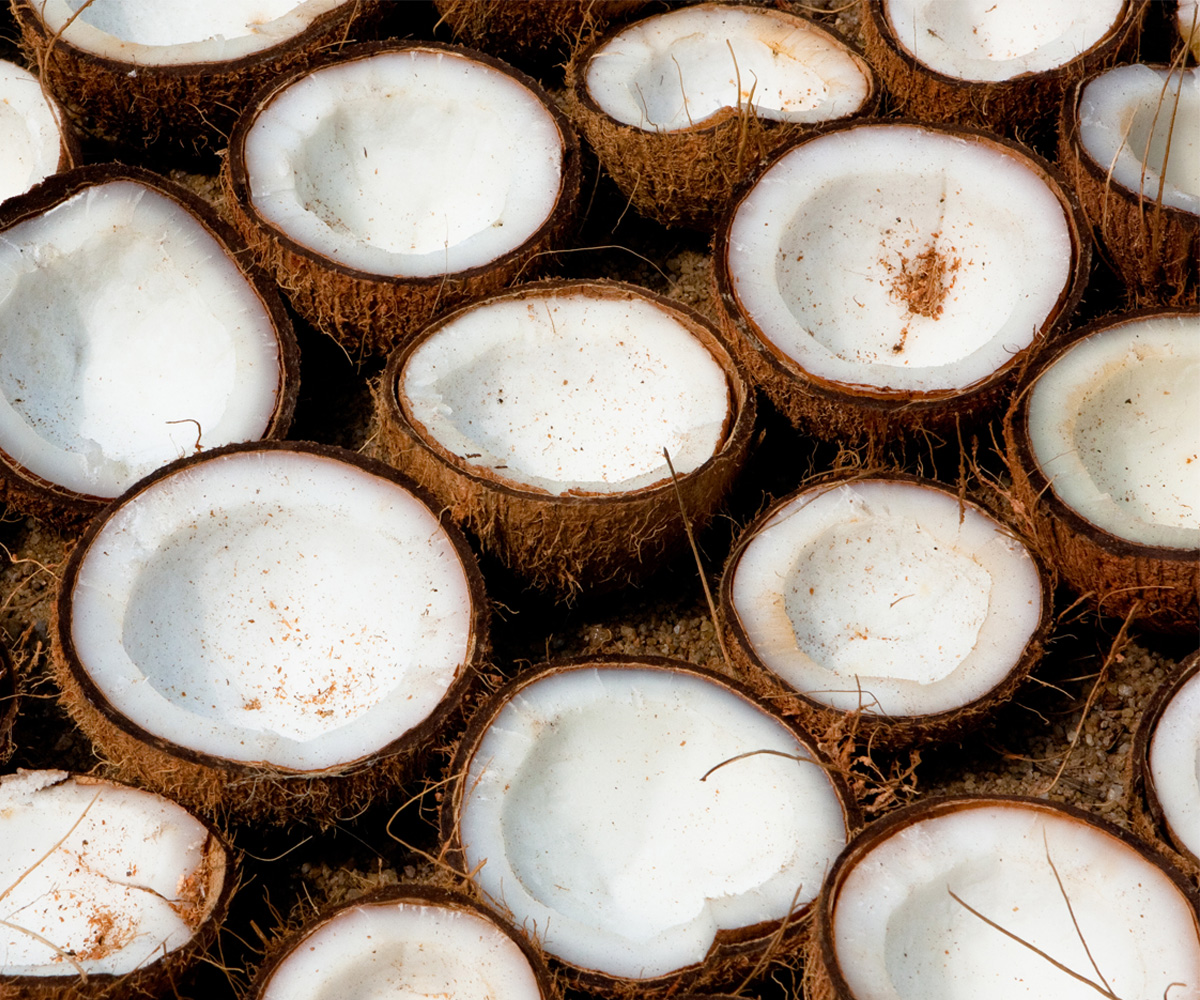Botanical therapies have been used since ancient times, and even now the healing approach shows no sign of slowing down.
While we have centuries of tradition and medical notes to look back on, the use of essential oils has developed and changed over time in line with further research.
Taking note from ancient theories, some modern studies have started looking into the benefits of essential oils on stress.
The following are a few with both historical and scientific backing.
Neroli
Neroli essential oil is sourced from the blossoms of the bitter orange tree, and has been utilised around the world for centuries.
While sometimes used in relation to relieving inflammation and for skin rejuvenation, it has also had positive links to stress relief.
A 2014 study involving 63 healthy post-menopausal women found that after inhaling small doses of neroli oil for five minutes twice daily, the oil was effective in relieving a range of symptoms, including reducing stress.
For general use, there is evidence suggesting that mixing aromatherapy with massage can have a more positive effect than aromatherapy alone, so it may be worth suggesting neroli oil next time you’re booked in for a massage.

Neroli essential oil is made from the blossoms of the bitter orange tree.
Fact: A study published in 2009 found that participants who received rose essential oil saw a decrease in blood pressure and breathing rate, as well as greater feelings of relaxation.
Sandalwood
Historically used for both its woodsy, sweet fragrance and medical properties, sandalwood essential oil has become an effective aid in reducing stress using aromatherapy.
In a pilot study looking at the physiological effects of some essential oils, it was found that sandalwood essential oil could alleviate the physiological reactions to stress. In this particular test, the oil was found to actually facilitate recovery after being exposed to stress.
Basil

While the thought of basil may conjure images of a vibrant pesto or delicious Caprese salad, this herb brings much more to the plate than you may think.
Widely used in aromatherapy, basil is said to offer a range of health benefits because of the compounds it contains, and one of these, linalool, has been shown to reduce stress in several studies.
Inhaling the aroma or rubbing it on the skin is thought to transmit messages to the limbic system – the region of the brain linked to controlling emotions – making it a top choice by proponents in the field.
How to use essential oils safely
Do not apply essential oils directly to the skin. Always use carrier oils such as sweet almond, olive, or sesame.
Citrus-based essential oils, such as neroli can make skin extremely sensitive to sun exposure, so avoid being in direct sunlight when using them.
If in doubt – consult! You can contact a licensed aromatherapist for help.
Rule of thumb: less is more. Essential oils are around 50 times more potent than the herb.
Never take oils internally.
Always do your research before using essential oils, and then enjoy!


